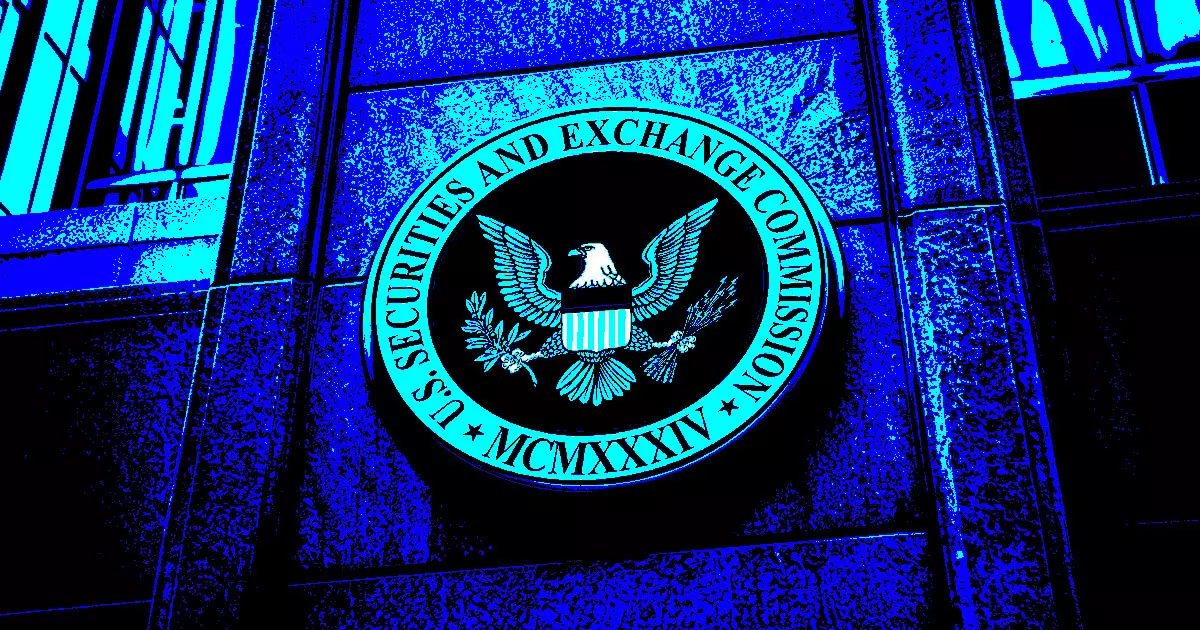In 2024, the US Securities and Exchange Commission (SEC) set a new record by imposing fines totaling $4.68 billion against cryptocurrency companies. This marked a significant escalation in the agency’s regulatory actions, with the total amount of fines levied since 2013 reaching $7.42 billion. The spike in fines in 2024 accounted for 63% of the total, reflecting the SEC’s heightened scrutiny of the crypto sector and its efforts to enforce securities regulations in the rapidly expanding digital asset market.
The surge in fines in 2024 was largely driven by a $4.68 billion penalty imposed on Terraform Labs and its co-founder Do Kwon for offering unregistered securities and misleading investors. This penalty was the largest ever imposed by the SEC on a cryptocurrency entity. The increase in enforcement actions in 2024 followed a relatively quiet year in 2023, when fines amounted to $150.27 million – resulting in a dramatic 3018% year-over-year rise in penalties. Over the past decade, the SEC’s enforcement efforts have evolved significantly in response to the growth of the crypto market and the agency’s increased supervision of the industry.
Some of the most notable cases of SEC enforcement in the cryptocurrency space include a $1.24 billion fine against Telegram in 2019 for conducting an unregistered token sale and a $125 million penalty against Ripple Labs in 2021 for selling XRP as an unregistered security. In 2022, the SEC fined John and JonAtina Barksdale $102.64 million for orchestrating a fraudulent initial coin offering (ICO), demonstrating the agency’s commitment to prosecuting both companies and individuals involved in regulatory violations.
The SEC has increasingly focused on holding company executives personally accountable for violations, in addition to penalizing the organizations they lead. The agency’s enforcement strategy has shifted in recent years towards imposing larger fines in high-profile cases, as opposed to smaller penalties against mid-sized firms. This trend is reflected in the significant increase in average fines for crypto-related violations, which rose from $5 million per case in 2023 to $426 million in 2024. The SEC’s approach to enforcement has evolved over time, with annual fines growing substantially from just $40.7 million in 2013 to $1.34 billion in 2019, as the prevalence of initial coin offerings (ICOs) and token sales has led to a surge in regulatory actions.
The shift towards fewer but larger fines by the SEC signals a clear intent to target major violations involving key players in the cryptocurrency space, with the goal of establishing industry-wide precedents. This trend underscores the SEC’s commitment to cracking down on regulatory infractions in the digital asset market and holding accountable those who flout securities laws. The agency’s intensified oversight and aggressive enforcement actions reflect a broader effort to maintain market integrity and investor protection in the rapidly evolving landscape of cryptocurrency and blockchain technology.

